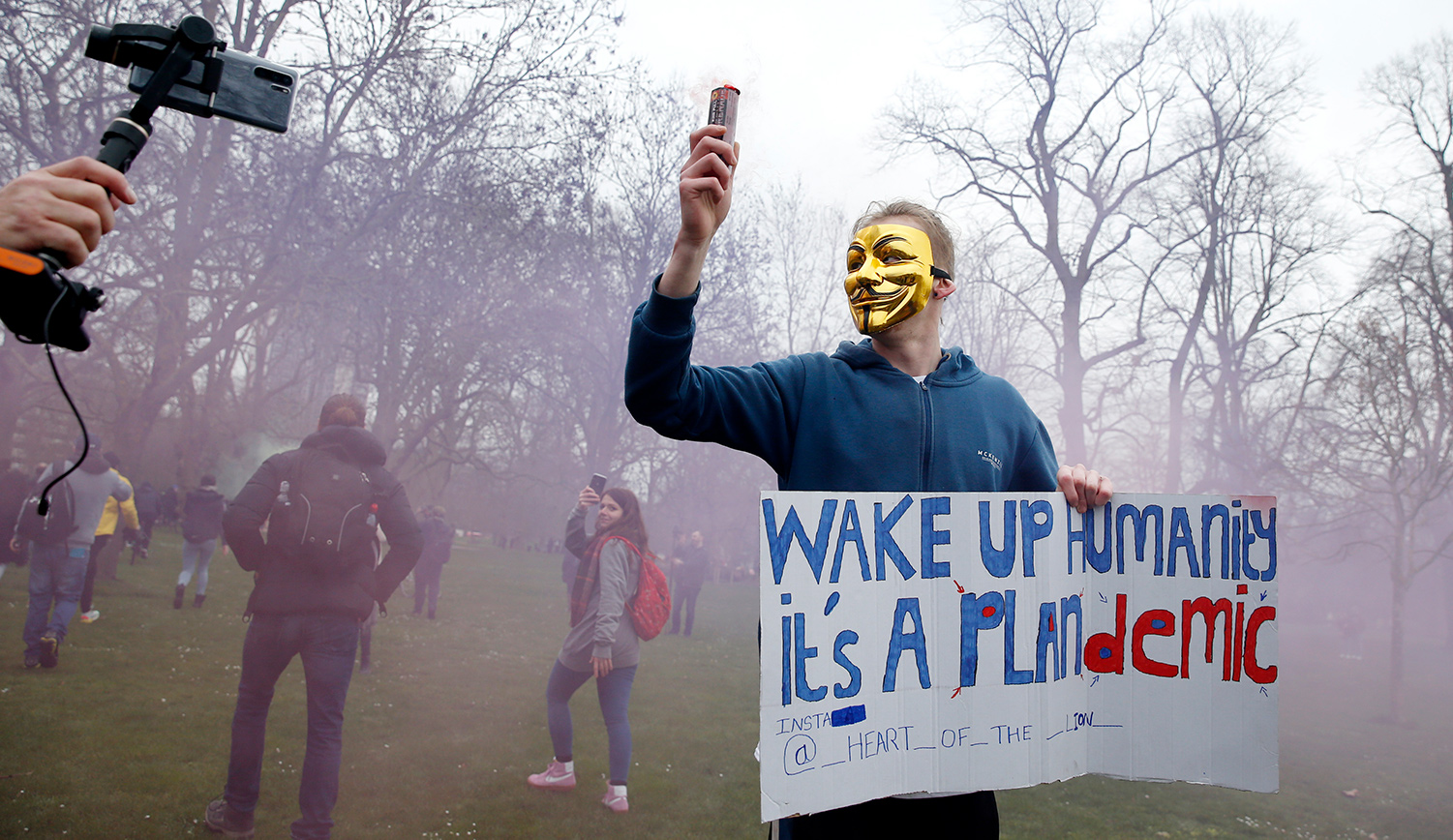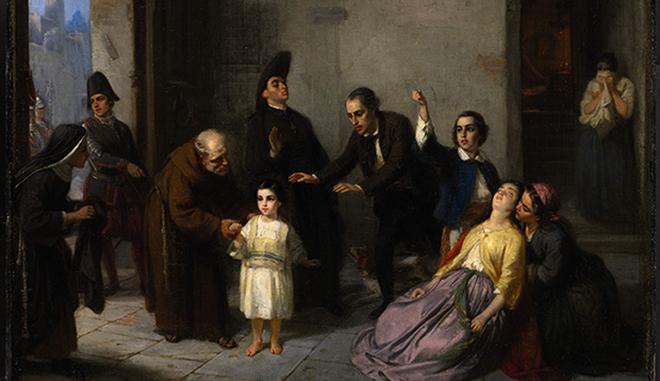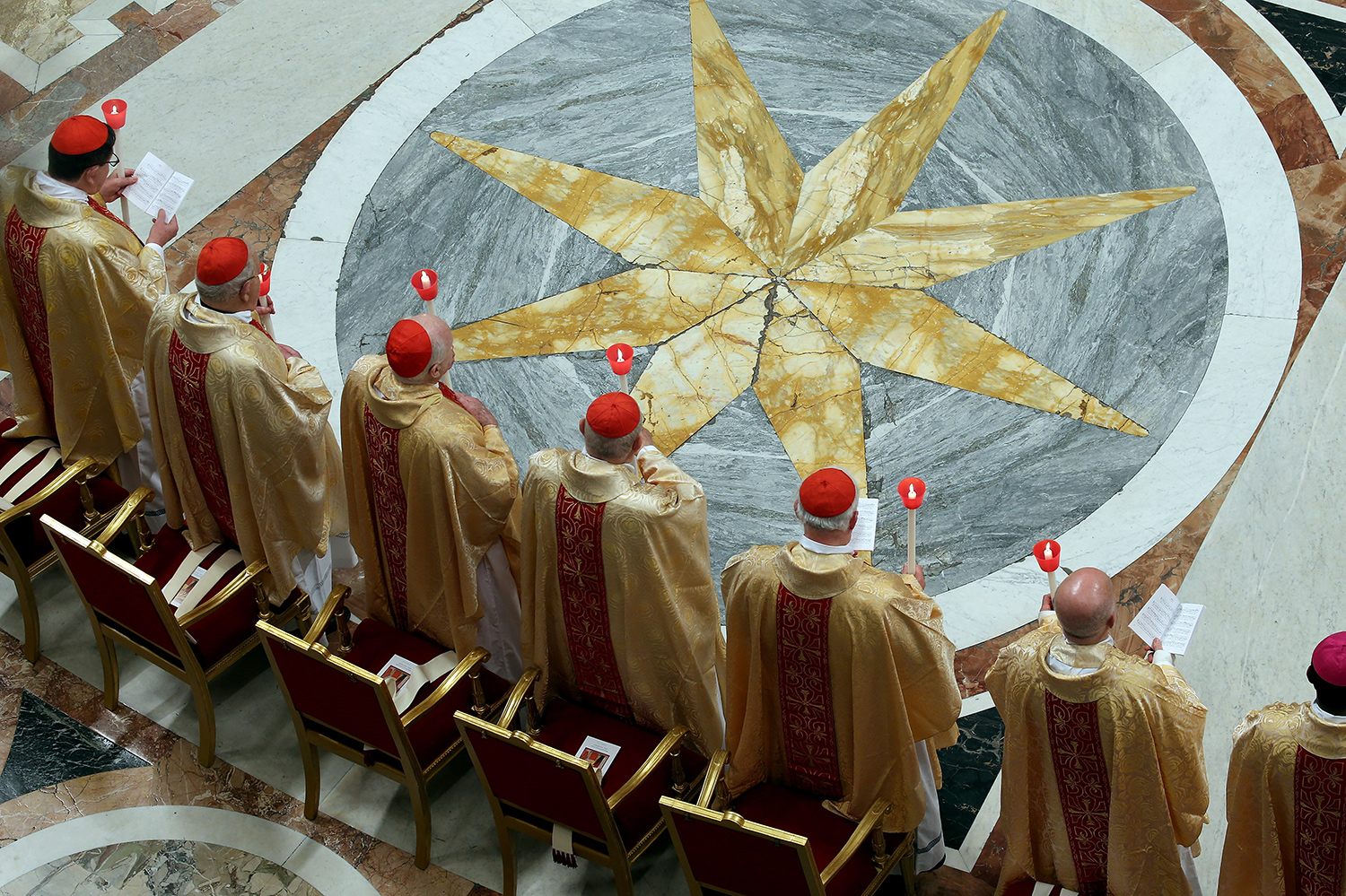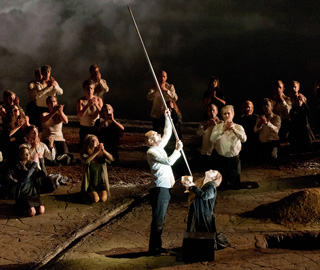Nathan Shields
Nathan Shields, a composer whose works have been performed by various orchestras and chamber ensembles, is associate faculty at the Brooklyn Institute for Social Research. He earned his doctorate at the Juilliard School in New York, and has received fellowships from Tanglewood and the American Academy of Arts and Letters.
The Death and Potential Rebirth of the Liberal Self: A Discussion
Modern freedoms leave us wanting more. The author of our monthly essay joins us and a noted rabbi to talk about how conversion came to be an antidote to liberal restlessness.
The Present, Past, and Pre-History of Conversion
Longing to leave liberalism behind, everyone from Catholics to Communists is experimenting with self-transformation. What’s fueling that desire, and is it strong enough to make the break?
Should Religious People Affirm the Modern Liberal Order, or Reject It?
This question, and the tensions generated by it, underlie any discussion of Jewish–Christian relations.
The Church's Once-Notorious Seizure of a Jewish Child Is Back. Why?
In play again are bitterly contested questions about the Catholic Church, about religion and politics, and—inevitably—about Christianity’s relation to Judaism and the Jews.
Courting Oblivion
More insidious than Wagner’s hateful ideas are his passions, which reside in his music and stir answering passions in others.
Wagner and the Jews
Two centuries after the great composer’s birth, his anti-Semitism remains a bitterly contested issue. Perhaps that’s because no one has yet come to grips with its, or his, true nature.





